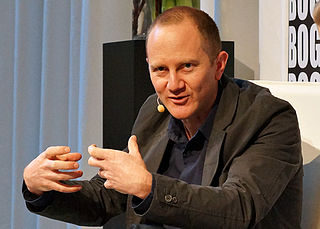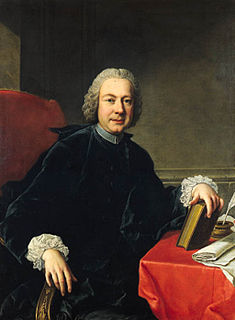A Quote by Thomas Otway
Related Quotes
I think my ideal man would speak many languages. He would speak Ibo and Yoruba and English and French and all of the others. He could speak with any person, even the soldiers, and if there was violence in their heart he could change it. He would not have to fight, do you see? Maybe he would not be very handsome, but he would be beautiful when he spoke. He would be very kind, even if you burned his food because you were laughing and talking with your girlfriends instead of watching the cooking. He would just say, 'Ah, never mind'.
From a tale one expects a bit of wildness, of exaggeration and dramatic effect. The tale has no inherent concern with decorum, balance or harmony. ... A tale may not display a great deal of structural, psychological, or narrative sophistication, though it might possess all three, but it seldom takes its eye off its primary goal, the creation of a particular emotional state in its reader. Depending on the tale, that state could be wonder, amazement, shock, terror, anger, anxiety, melancholia, or the momentary frisson of horror.
The artist usually sets out -- or used to -- to point a moral and adorn a tale. The tale, however, points the other way, as a rule. Two blankly opposing morals, the artist's and the tale's. Never trust the artist. Trust the tale. The proper functions of a critic is to save the tale from the artist who created it.
From my point of view, why shouldn't I work in every possible mode, to see if it's viable? "Los Gigantes" would not have worked as a straightforward, naturalistic tale. Part of the fun of it is that it's so preposterous and yet at the same time, it could have happened. Think of eugenics. Hitler certainly would have been doing it if he could have.
And so it was when anyone tried to speak: their minds would become tangled in remembrance. Words became floods of thought with no beginning or end, and would drown the speaker before he could reach the life raft of the point he was trying to make. It was impossible to remember what one meant, what, after all of the words, was intended.





































